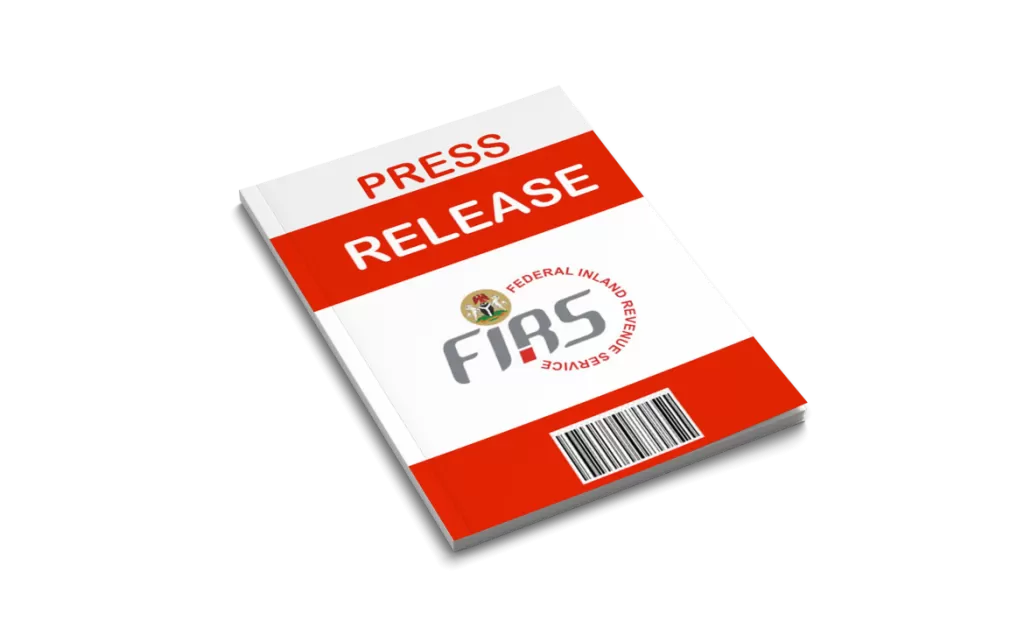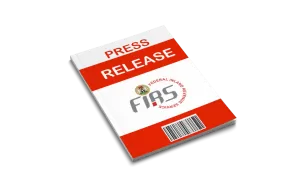“Starting Jan 1, 2026: No Tax ID, No Bank Account for Nigerians and Non-Residents”

The Nigeria Tax Administration Act, 2025, signed into law by President Bola Tinubu, is one of four bills aimed at modernizing Nigeria’s tax system. It replaces outdated frameworks, aligning with global digital tax trends and addressing Nigeria’s low tax-to-GDP ratio (around 6-8%, among the lowest globally). The TIN requirement is a cornerstone of this reform, designed to:
• Expand the Tax Base: By mandating TIN registration, the government aims to capture informal sector players (e.g., market traders, artisans) and non-residents profiting from Nigeria’s economy.
• Reduce Tax Evasion: The TIN links financial activities to tax records, making it harder to underreport income.
• Boost Revenue: With declining oil income, Nigeria seeks to diversify revenue through efficient tax collection.
• Enhance Transparency: The TIN system integrates with existing identifiers like the NIN and Bank Verification Number (BVN), creating a unified digital framework.
The provisions of the Nigeria Tax Administration Act, 2025, which was signed into law by President Bola Tinubu in June 2025 (with some reports citing August). The law mandates that, effective January 1, 2026, all taxable individuals—including Nigerian citizens, residents, and non-residents supplying taxable goods or services in Nigeria—must obtain a Taxpayer Identification Number (TIN, also referred to as Tax ID) to engage in various financial activities. This explicitly includes opening and operating bank accounts, as well as accessing insurance, stock exchange transactions, and government contracts.
Practical Steps for Compliance
To meet the January 1, 2026, deadline:
1. Register for a TIN:
• Visit the NRS/FIRS online portal (check https://www.firs.gov.ng or its successor) or a local tax office.
• Provide required details (e.g., NIN, BVN, passport, or business registration documents).
• Non-residents may need additional documentation, such as proof of taxable activity in Nigeria.
2. Verify TIN: Ensure your TIN is active and linked to your financial accounts. Banks will begin enforcing verification in 2026.
3. Stay Informed: Follow updates from the NRS or consult a tax professional, as implementation guidelines may evolve.
4. Act Early: With millions expected to register, delays are possible. Start the process now to avoid last-minute issues.
Key Details from the Law
- Scope: The requirement applies to “every taxable person,” which covers citizens, business owners (from informal traders to corporations), government agencies, and non-residents involved in taxable activities in Nigeria. Under Section 4 of Part II, registration with the Nigeria Revenue Service (NRS, formerly the Federal Inland Revenue Service) is compulsory to obtain a TIN.
- Bank Account Restrictions: Section 8(2) of the Act states that entities engaged in banking, insurance, or other financial services must ensure every taxable person provides a valid TIN. Without it, banks and financial institutions are prohibited from allowing account openings or operations, effectively blocking access for non-compliant individuals.
- Implementation Timeline: The six-month grace period from the law’s signing allows for public sensitization, system upgrades, and registrations. Tax authorities must process TIN applications within five working days, and non-compliance can lead to issuance, suspension, or deregistration of the TIN.
- Broader Implications: This is part of a larger tax reform to modernize Nigeria’s fiscal system, expand the tax base, reduce evasion, and boost revenue amid declining oil income. It also extends to crypto and virtual asset transactions, where TIN (along with NIN) will be required. Low-income earners and most micro/small businesses are exempt from certain taxes to ease the burden, but the TIN itself remains mandatory for financial access.
- Non-Residents: Foreign entities or individuals supplying taxable goods/services in Nigeria must register for a TIN under Section 6(1), ensuring they comply before engaging in local transactions.
Impact on Nigerians and Non-Residents
• Nigerians: From January 1, 2026, anyone without a TIN will be unable to open new bank accounts or operate existing ones. This includes individuals, businesses (from petty traders to corporations), and government entities. Low-income earners and micro/small businesses may be exempt from certain taxes, but the TIN remains mandatory for banking.
• Non-Residents: Foreigners or entities earning income in Nigeria (e.g., through e-commerce, consulting, or crypto trading) must register for a TIN. This ensures they comply with Nigerian tax laws before accessing financial services.
• Grace Period: The six-month period (from mid-2025 to December 31, 2025) allows for public sensitization, system upgrades, and mass registration. The NRS is urged to streamline the process to avoid bottlenecks.
Public and Expert Reactions
The policy has been praised by tax experts for promoting transparency and fiscal discipline, potentially raising Nigeria’s low tax-to-GDP ratio. However, small business owners and some citizens have raised concerns about bureaucratic hurdles, corruption in registration processes, and added stress—drawing comparisons to the rollout of the National Identification Number (NIN) and Bank Verification Number (BVN). Awareness is reportedly low, especially among Nigerians abroad, and calls have emerged to extend the deadline (e.g., to June 2026) to avoid disruptions.
To comply, eligible individuals should register via the NRS portal or local tax offices starting now. For official guidance, visit the FIRS/NRS website or consult a tax professional. This reform aligns with global trends toward digital tax compliance but could face implementation challenges in Nigeria’s context.







